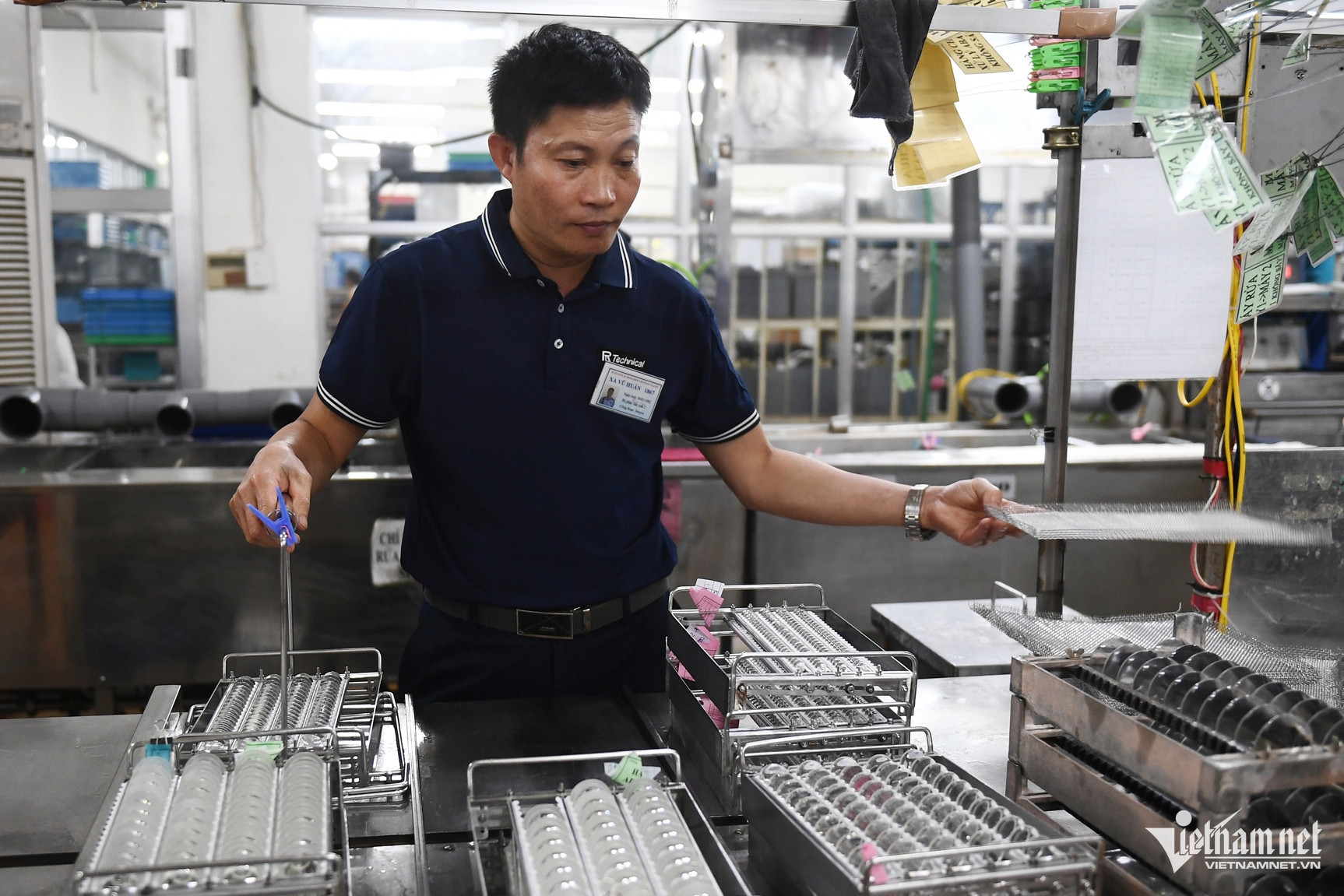
As the VN-Index stagnates around the 1,200-point mark since 2007, foreign billionaires, especially from Thailand and Japan, have taken the opportunity to acquire stakes in Vietnam’s leading enterprises.
This trend comes as foreign funds have sold off billions of dollars, leaving undervalued but strategically important companies ripe for acquisition.
A sluggish market sets the stage for foreign acquisitions
In the days leading up to the Lunar New Year holiday, Vietnam's stock market has been lackluster, with low liquidity and minimal investor interest.
Many stocks have seen erratic price fluctuations, exacerbated by delistings and major sell-offs of stocks linked to groups such as FLC, APEC, Louis, and Song Da.
The withdrawal of speculative capital has caused a decline in the share prices of both strong and weak businesses. However, this has created opportunities for long-term investors, including prominent Thai and Japanese billionaires, to acquire stakes in critical industries in Vietnam's 100-million-strong consumer market.
One prominent example is Vinamilk (VNM), Vietnam’s leading dairy company. F&N Dairy Investments Pte. Ltd., a major foreign shareholder, has recently registered to purchase nearly 20.9 million VNM shares. If successful, this acquisition would increase its stake in Vinamilk from 17.69% to 18.69%.
F&N Dairy Investments, based in Singapore, is linked to Thai billionaire Charoen Sirivadhanabhakdi, the chairman of TCC Group. Over the years, F&N Dairy has consistently sought to increase its stake in Vinamilk, now valued at around $1 billion.
Charoen gained international recognition in 2017 when Thai Beverage, a TCC Group subsidiary, spent $5 billion to acquire a controlling 54% stake in Sabeco, Vietnam’s largest beer company.
Another Thai conglomerate, SCG Group, has also made significant inroads. SCG became a major shareholder in Binh Minh Plastics (BMP), Vietnam's leading plastic manufacturer, in 2012 and fully acquired the company by 2018. Since then, SCG has reaped significant returns from both dividends and a six-fold increase in BMP’s stock price.
A decade of acquisitions in key sectors
Over the past decade, Thai and Japanese corporations have steadily acquired stakes in leading Vietnamese companies across strategic industries such as dairy, plastics, pharmaceuticals, banking, and retail.
Thai investments include notable acquisitions like Nguyen Kim, MM Mega Market, and Lan Chi, while Japanese investors have targeted top firms such as Ha Tay Pharmaceutical (DHT), Hau Giang Pharmaceutical (DHG), Bao Viet Group (BVH), and Vietcombank (VCB).
Retail and financial services have been particularly attractive to foreign investors, with the banking sector delivering substantial returns as stock prices soared. Plastics and fast-moving consumer goods companies have also proven lucrative, with dividend yields and stock appreciation generating consistent profits.
High-profile successes and challenges
While many acquisitions have yielded significant returns, others, such as ThaiBev’s $5 billion investment in Sabeco, have faced challenges.
Sabeco’s stock price has declined over the years, but the company remains profitable, distributing over 12 trillion VND ($500 million) in dividends to its Thai parent company since the acquisition.
More importantly, Sabeco has solidified TCC Group’s dominance in Vietnam’s beer market, enhancing its position in Southeast Asia.
Vietnam continues to attract foreign investors thanks to its growing consumer market, strategic location, and diverse industrial base. Key sectors like banking, retail, and manufacturing remain top priorities for foreign capital.
Despite market fluctuations, investments from Thailand and Japan demonstrate the enduring appeal of Vietnam's economy.
These acquisitions not only bring financial benefits to foreign investors but also enable them to establish long-term strategic positions in one of Southeast Asia’s most promising markets.
Manh Ha